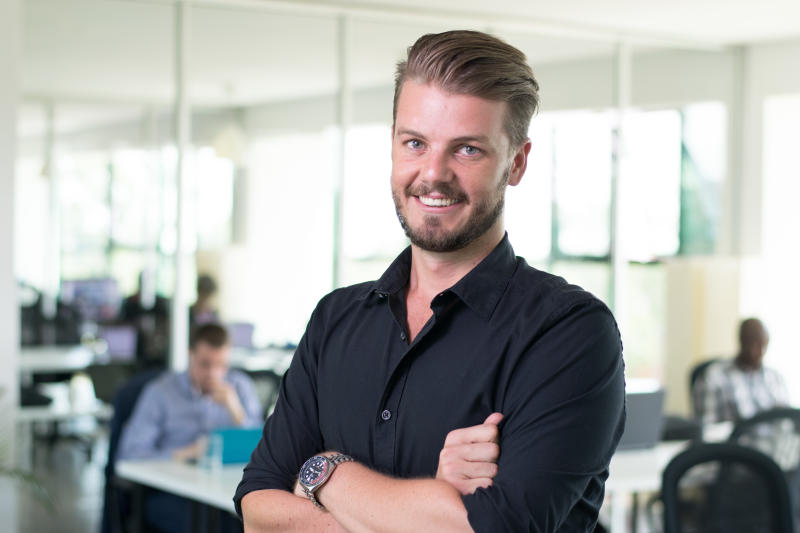×
The Standard e-Paper
Smart Minds Choose Us

Ian Isherwood is the CEO and founder of the exclusive dating site, DateMe Kenya.
He spoke to Hustle about the mistakes he’s made in the process of building his business, and lessons that have made him one of the country’s top matchmakers and a better entrepreneur.